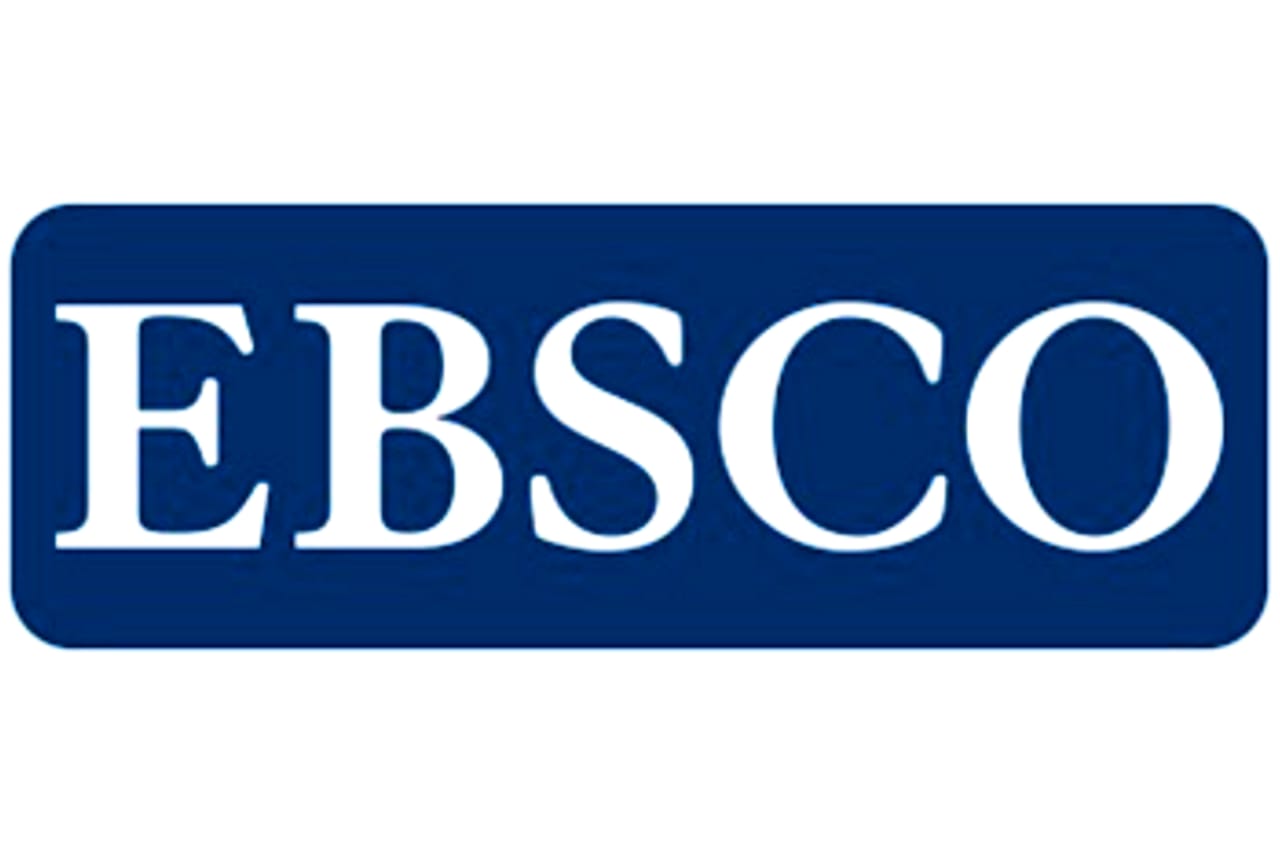Drivers of the Growth of the Kazakhstan’s Economy Under Conditions of Industrial Revolution
Abstract
The authors have investigated the main factors and terms of industrially-innovative development of points of
growth of industries of the real sector of the economy of the Republic under conditions of industrial revolution. Bases
directions are presented of working out of compromise between technogenic activity of industries of mineral-raw
material complex (MRMC) and quality of life providing in the regions of their distribution. SWOT-analysis was
conducted of functioning of MRMC, on the bases of that the main directions of providing of ecological and economic
efficiency are mine-out. The authors investigated the main factors and conditions of industrial-innovative development
of the growth points of the branches of the real sector of the republic’s economy in the context of the industrial
revolution. Kazakhstan is known in the international arena as the initiator of many forums, summits and meetings
that have a positive effect on the economic, political and cultural situation, both in our country and around the world.
In addition, the chairmanship of Kazakhstan in various international organizations and alliances allows our country
to put forward various global initiatives so that the opinion of our state is taken into account at the level of the world
community.
Each state has several industries that are markers of economic growth. It is these areas of the economy that receive
the most dynamic development, give a multiplicative effect to the entire financial market and create new jobs. A new
quality of economic growth is a natural process of internal transformations of the economic system, the result of which
is the acquisition by economic growth of new forms, properties and features based on the systematic accumulation of
a certain quantitative reserve, measured in both economic and social components. In order for the economic system to
meet strict modern criteria, it must be able to adapt to new, changing operating conditions, strive for the sustainability
of its livelihoods, which is characterized by the ability of the system to resist external and internal influences. The
basic directions for the development of a compromise between the technogenic activities of the branches of the mineral
resource complex (MSC) and ensuring the quality of life in the regions of their deployment are presented. A SWOT
analysis of the functioning of the MSCs was carried out, on the basis of which the main directions of ensuring ecological
and economic efficiency were developed.
Key words: industrially-innovative development, raw mineral-material complex, oil and gas complex, nature
management, guard of environment, ecological efficiency.










